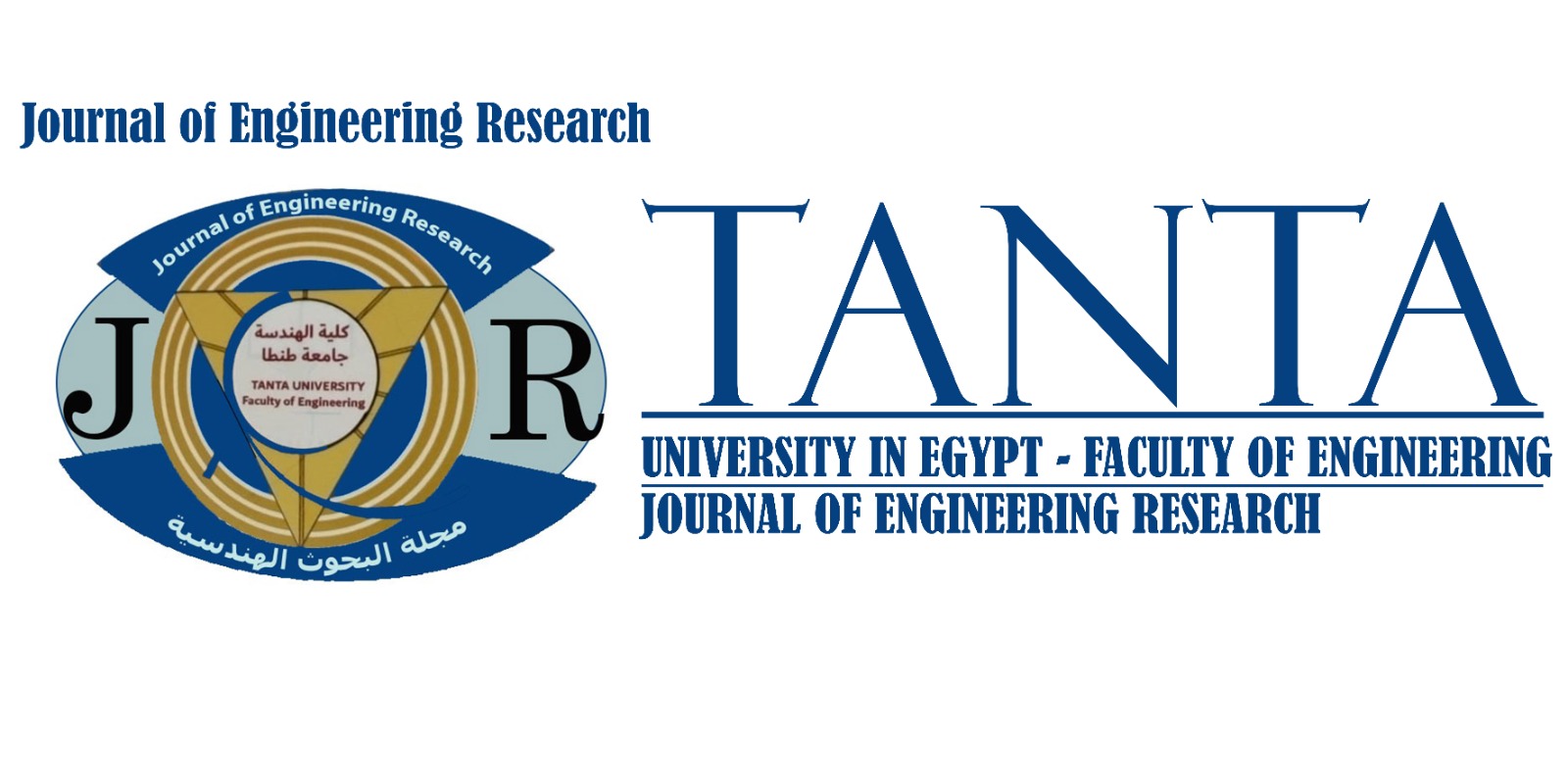Journal of Engineering Research

Abstract
This study presents the three-dimensional (3-D) numerical analysis of the influence of the plate obstacle installed at the entrance of the long flanged diffuser on the simple Savonius rotor performance by ANSYS 2022 R1. In the beginning, the 3-D numerical model is validated using the sst k-ω turbulence model with the previous published experimental results at the same conditions, and they are in good agreement with each other. The numerical results indicate the remarkable enhancement of the rotor performance at a tip speed ratio of 0 to 0.7 by using a flanged diffuser with a plate obstacle. The shrouded diffuser with obstacles is better where it reaches a maximum torque coefficient of 0.38 at a tip speed ratio of 0.4, which means a 52% increase compared with the maximum torque coefficient of the un-shrouded rotor at the same conditions. Also, the power coefficient is increased by 20% at a tip speed ratio of 0.5. The shrouded diffuser rotor, with or without obstacles, is not be effective after the tip speed ratio equals to 0.7, where the rotor performance is decreased.
Recommended Citation
Mahmoud, Alsaied khalil; Bassuoni, Mohamed Mahgoub; Obiaa, Mohamed Fawzy; and Khaira, Ahmed Mostafa
(2023)
"Numerical Study of the Effect of Long Shroud Diffuser with and without Plate Obstacle on the Performance of Savonius Wind Turbine,"
Journal of Engineering Research: Vol. 7:
Iss.
6, Article 7.
Available at:
https://digitalcommons.aaru.edu.jo/erjeng/vol7/iss6/7

